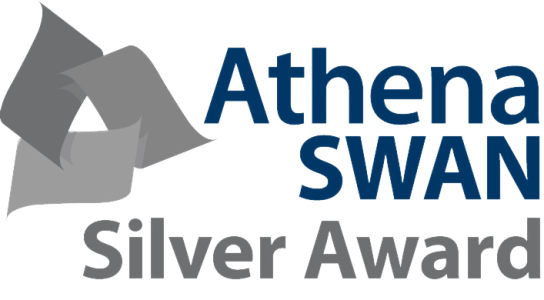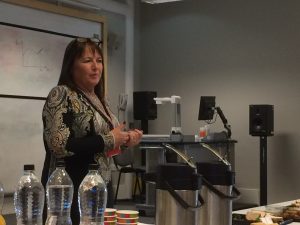Resilience is our capacity to adapt positively to pressure, setbacks and challenges. It is about our ability to keep going, maintain our wellbeing, learn and develop.
As part of Mental Health Awareness Week (14-20th May), we are offering a series of three workshops to give staff and students tools and techniques around resilience that can applied at work or at home.
The workshops will be delivered by Lisa Rippingale, who recently joined the University as a Senior Organisational Development Adviser. Lisa was trained by Dr Mandi Sherlock Storey (Chartered and Registered Practitioner Occupational Psychologist, and Head of Leadership Transformation with the North East Leadership Academy), who originally developed these workshops as part of her PhD research on Resilience. Lisa has successfully delivered similar workshops at a number of organisations in recent years.
The workshops run as a series, so you need to commit and sign up for all three:
- 15 May 2018, 12 – 1pm, RIDB1.2.04A (Seminar Room 2.04A, 2nd Floor Ridley 1)
- 5 June 2018, 12 – 1pm, RIDB1.2.04A (Seminar Room 2.04A, 2nd Floor Ridley 1)
- 27 June 2018, 12 – 1pm, MED L2.8 (Seminar Room L2.8, 2nd Floor Leech Building)
Spaces are limited: Please book here
For any queries please contact Malasree Home (malasree.home@newcastle.ac.uk, ext. 85423)



 A New Year and a new start to our FMS EDI blog! Having launched it last year, we became consumed by preparing our first Faculty Athena SWAN application, due for submission in April 2018 (more about that in another post). But now we have analysed most of our data, have sections in draft form, and are starting to have conversations about the colour schemes of the graphs, we can return to some of our other projects.
A New Year and a new start to our FMS EDI blog! Having launched it last year, we became consumed by preparing our first Faculty Athena SWAN application, due for submission in April 2018 (more about that in another post). But now we have analysed most of our data, have sections in draft form, and are starting to have conversations about the colour schemes of the graphs, we can return to some of our other projects.